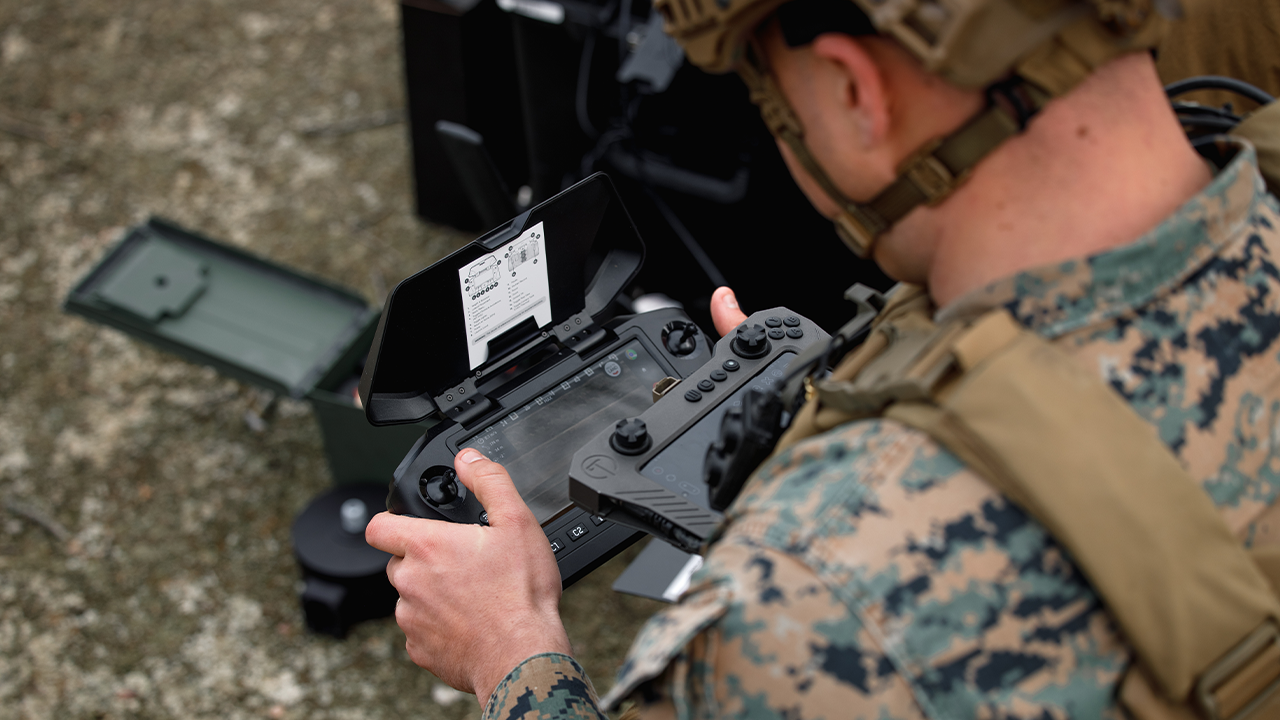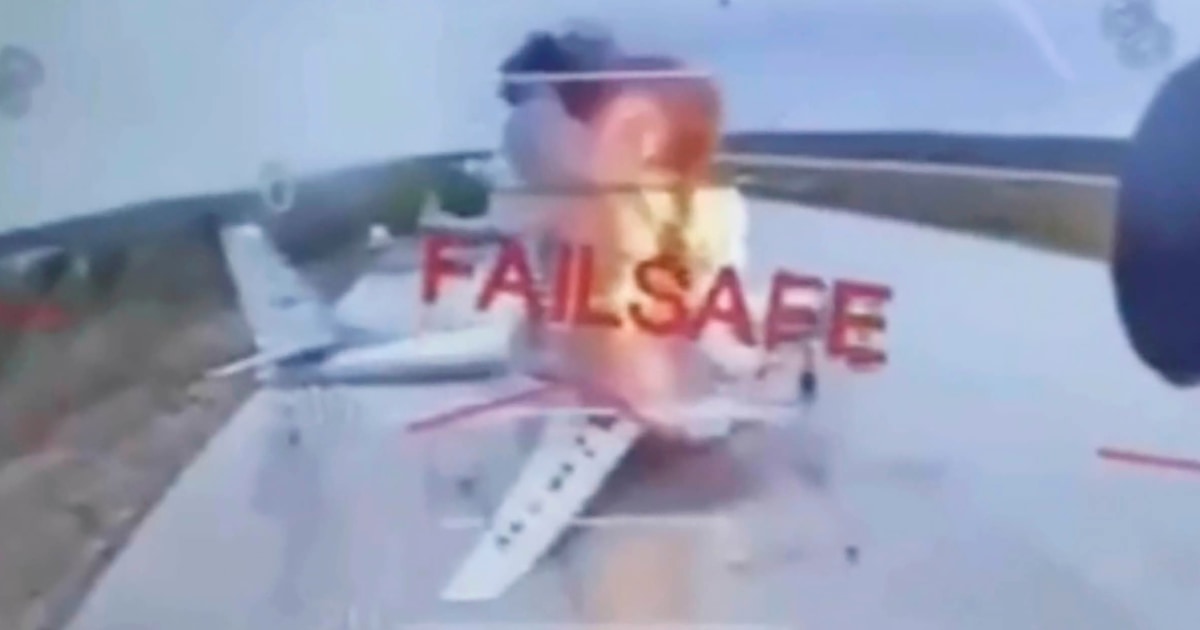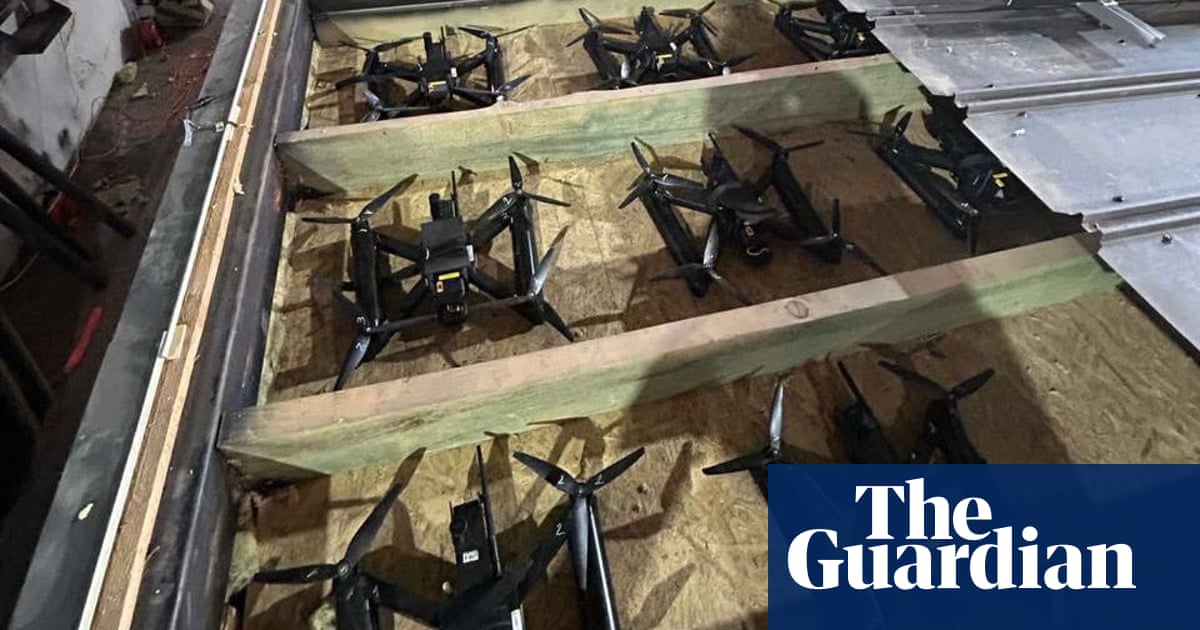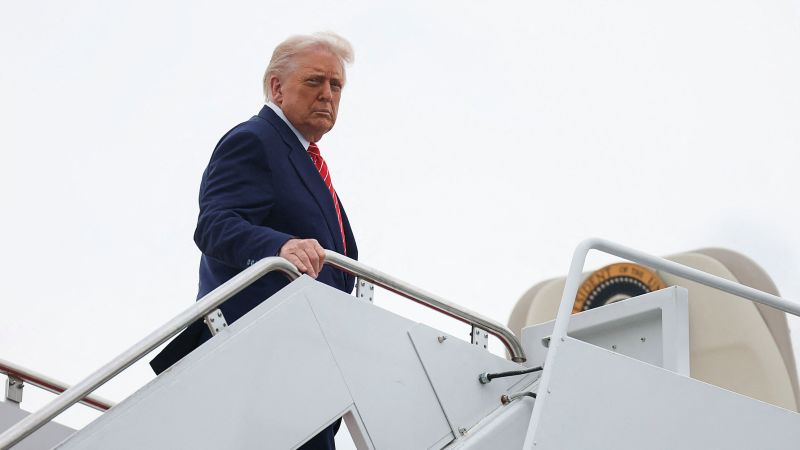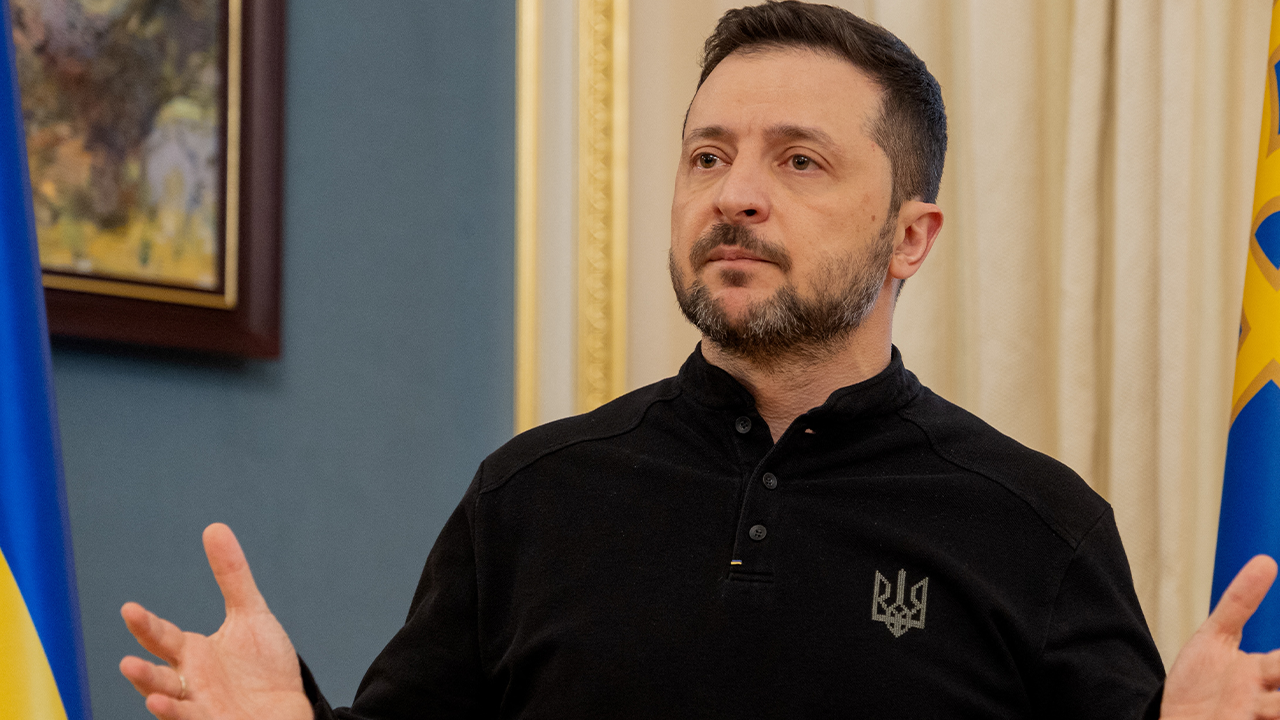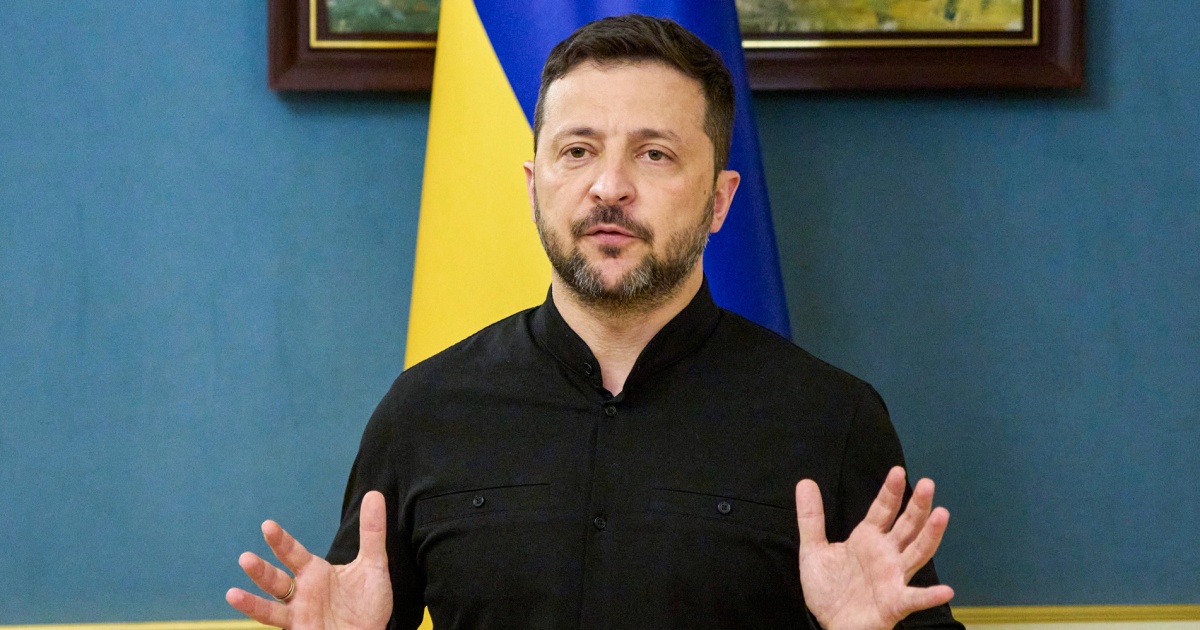Ukraine's Drone Attack on Russian Airbases Marks a Turning Point in the Conflict
Ukraine's unprecedented drone strike on Russian airbases has damaged a significant portion of Russia's strategic bomber fleet, complicating the ongoing conflict.
Subscribe to unlock this story
We really don't like cutting you off, but you've reached your monthly limit. At just $5/month, subscriptions are how we keep this project going. Start your free 7-day trial today!
Get StartedHave an account? Sign in
Overview
In a historic escalation, Ukraine's Security Service executed a surprise drone attack, 'Spiderweb,' on multiple Russian airbases, damaging over 40 military aircraft, including nuclear-capable bombers. The operation, overseen by President Zelenskyy, involved 117 drones launched from concealed trucks, reaching as far as Siberia. Ukraine claims the attack inflicted $7 billion in losses, significantly impacting Russia's strategic bomber fleet, which includes the Tu-95 and Tu-22M. While Moscow downplays the damage, analysts suggest the strike may bolster Ukraine's negotiating position ahead of peace talks in Istanbul, complicating the ongoing conflict and demonstrating Ukraine's evolving military capabilities.
Report issue

Read both sides in 5 minutes each day
Analysis
Analysis unavailable for this viewpoint.
Articles (30)
Center (7)
FAQ
Ukrainian forces secretly transported over 100 AI-guided FPV drones into Russian territory using trucks, which were positioned near targeted airbases, sometimes as far as Siberia. The operation was conducted covertly, with drivers often unaware of the contents, and was planned for more than 18 months by the Security Service of Ukraine[3].
Ukraine claims the attack damaged or destroyed 41 Russian military aircraft, including strategic bombers such as Tu-95s and Tu-22M3s, and inflicted approximately $7 billion in losses. This reportedly affected about 34% of Russia's strategic cruise missile delivery platforms[3].
Despite Russian media statements by the defense ministry about strikes on Ukrainian drone production, there was no direct public response from Russian authorities regarding the Ukrainian strike on their airbases. Privately, Russian officials labeled the attack as a 'terrorist attack,' acknowledged fires at bases, and mentioned a sharp drop in Russian stock markets[3].
The attack was strategically timed to occur just before direct peace talks to bolster Ukraine's negotiating position by demonstrating its evolving military capabilities and to inflict significant damage on Russia’s strategic military assets, complicating Russia’s position ahead of negotiations[3].
The attack specifically targeted strategic bombers such as Tu-95s, Tu-22M3s, and reportedly at least one A-50 early warning aircraft. These aircraft are crucial for Russia's long-range strike and missile delivery capabilities[3].
History
- 5M

 4 articles
4 articles
- 5M

 3 articles
3 articles
- 5M

 3 articles
3 articles
- 5M

 3 articles
3 articles
- 5M

 3 articles
3 articles
- 5M

 3 articles
3 articles

